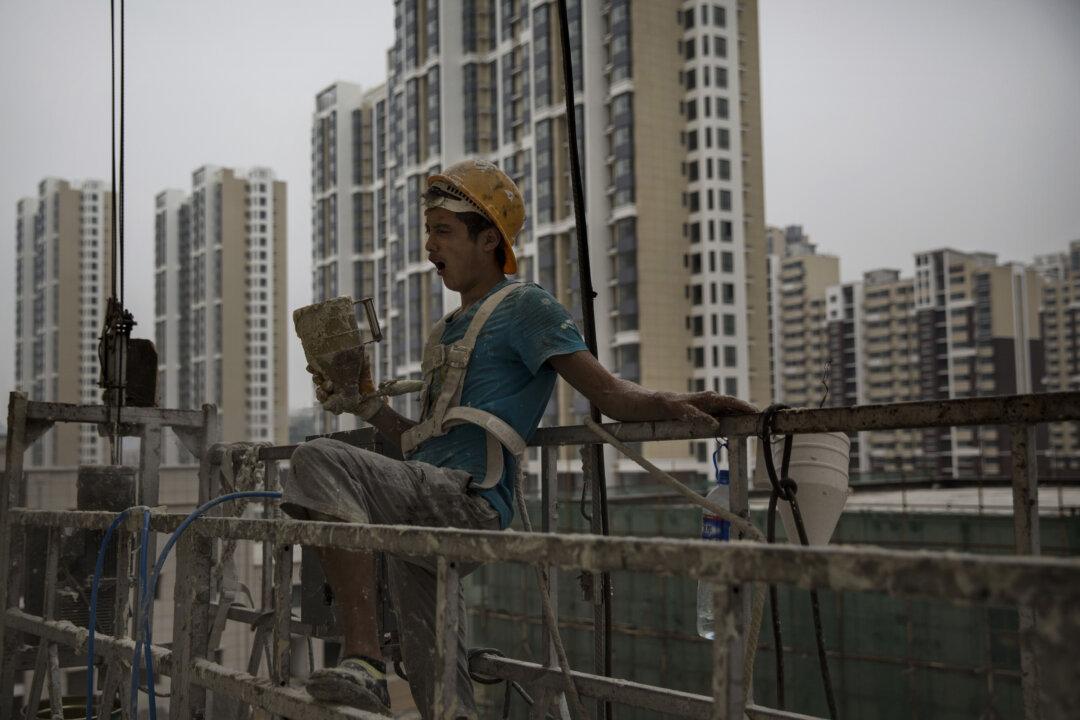News Analysis
The Chinese phrase, “surrounded by Chu songs” is probably the best way to express the current state of mainland China’s real estate market. It derives from the battle of Gaixia where the 100-thousand-strong army of the prominent Chu warlord, Xiang Yu in the late Qin Dynasty (221-206 B.C.) was trapped and besieged by Liu Bang, the King of Han’s army, six times the size of Xiang’s.
As the last strategic move towards victory, Liu Bang ordered his soldiers to sing folk songs in the middle of the night so as to make the Chu army believe that Chu had fallen and that its people had been captured.
Hearing the songs made the Chu soldiers homesick, spurring many of them to run away. Xiang Yu attempted to break away with only 26 soldiers left. He mistakenly ran into a marsh by the Wu River. Surrounded by 5000 enemies and failing to board a boat to return to the Chu Kingdom, he committed suicide. The Chinese phrase, also translated as “Chu songs on all four sides,” has since been used to refer to encountering crises on many fronts.
Like Xiang Yu’s downfall, the Chinese economy today is collapsing on all fronts. With a frozen real estate market, a manufacturing industry on the edge of collapse, a chain of financial defaults (in banks and in private funds), deteriorating relations with surrounding countries, and foreign divestment, China is already “hearing the Chu songs” everywhere.
Public Confidence
The Chinese economy ran into significant trouble in 2011 when bad debts exploded—often referred to as the “capital chain rupture.” Today China’s entire economy has been segmented into many silos. The way the failing economy is spreading geographically and across industries resembles the way booths in a market go out of business one after another.
As the country is confronted by many economic and social crises, the majority of Chinese people have either failed to notice, or don’t want to give it any serious consideration. They remain hopeful that the power of the “system” will solve problems.
